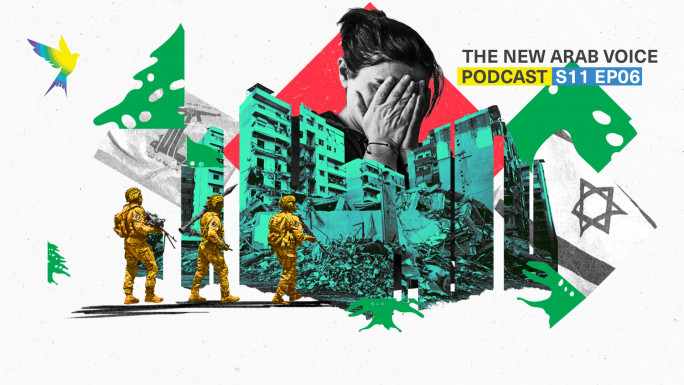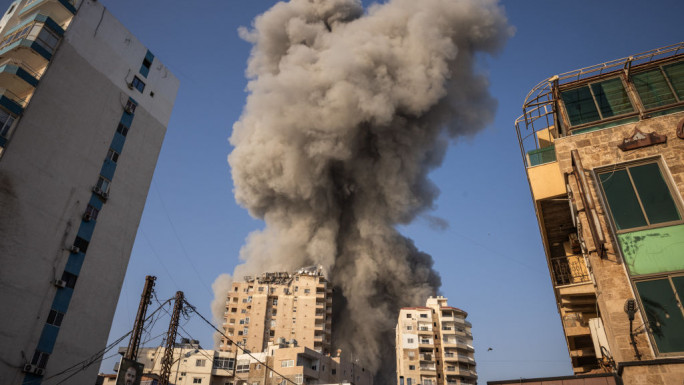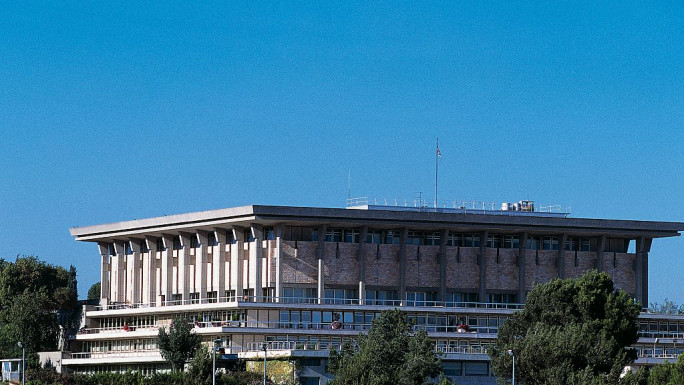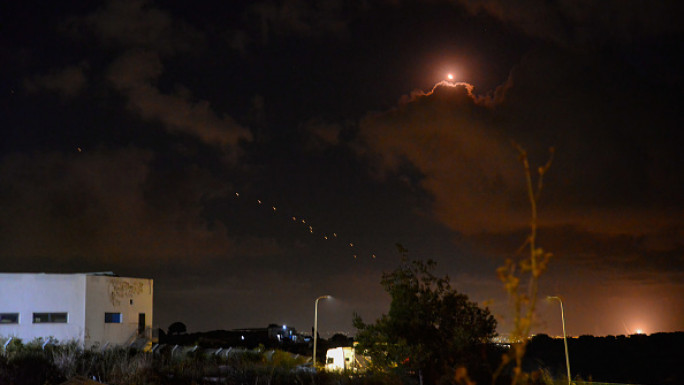
Does teaching dialects hurt Modern Standard Arabic?
All the evidence however, - both statistical and anecdotal - suggests that teaching dialects at a young age can actually aid literacy in both MSA and the dialect.
Proponents of teaching dialect point out that it is actually used in everyday life and is less grammatically stringent than MSA, making it easier to pick up. MSA however, is limited to formal conversations and texts.
It is a lot more natural to speak in dialect, and many argue that students, children and teachers are better engaged in a more fun and authentic experience. In particular, reading to children in dialect is more engaging, as MSA can seem like something of a "foreign language".
Others argue that MSA allows people across the Arab world to connect with each other and even with peoples outside of the region who have learned MSA. Exposing children to MSA at an early age, is they say, also necessary if the language is to be really ingrained.
There is also a political element to this debate.
Proponents of dialect-teaching are seen as promoting national identities over a sort of pan-Arab or pan-Islamic identity, whereas MSA-promoters are seen as trying to eliminate local identities in the name of some contrived cross-regional (Arab-Islamic) identity.
 |
There is little scientific evidence to suggest that teaching dialects would hurt MSA |  |
Those who promote MSA over dialects sometimes go so far as to claim that the dialects don't have any real grammar, and that they are merely aberrations of "true" Arabic. Those who push local dialects at the expense of MSA are often promoting local identities to the exclusion of any shared Arab identity.
Both sides can get quite worked up, particularly in Arabic media. The politicised nature of the debate appears to assume that coexistence is not an option - instead of asking a more appropriate question: Given that dialects and MSA currently coexist, how should we best teach Arabic in these circumstances?
While both sides are convinced of their cause, there is little scientific evidence to suggest that teaching dialects would hurt MSA. In fact, there is at least one study - and some real world examples - suggesting that it would help it.
An article by John Myhill, a professor of English Language and Literature, reviews data that suggests that the current, MSA-centric approach could be hurting literacy rates in Arabic speaking countries.
Myhill finds is that even when taking into consideration GDP, the Arab countries have higher rates of illiteracy than expected. This is all the more alarming because Arab countries spend more than the global average on education, relative to their GDP.
Twitter Post
|
Even the Gulf countries - whose illiteracy rate should be near zero given their GDP and how much is spent on education - range between 5.7 percent and 17 percent illiteracy. Myhill's argues that increased rates of illiteracy are due to the MSA-centric approach. He points out that other countries that focus exclusively on a formal language to the exclusion of indigenous languages, show similar trends.
There is however, a silver lining in the study: A middle approach in which the indigenous language is taught up until middle school, and then the switch is made to the formal language, seems to significantly improve literacy rates. The author points to a number of practical examples in Sri Lanka, Japan, China and Korea.
Keeping to dialects in the first several years of school, and then making the jump to MSA, could, it seems strengthen literacy overall.
Why might this be the case? This may be down to two factors: First, it's easier to build an initial solid base of understanding in one's native dialect, and then build up to MSA.
For native speakers, dialects are what is spoken on the street and at home, so it is natural to transfer it when reading and writing.
The second factor is related to the first: Motivation.
 |
Those who push local dialects at the expense of MSA are often promoting local identities to the exclusion of any shared Arab identity |  |
Motivation can come in many forms: One can learn the language for personal reasons (such as a second generation immigrant who wants to reconnect with his Arab roots), religious reasons, financial reasons (wanting to work in the Arab countries), and so on.
But whatever the reasons, for kids and adults alike, this means the language has to be fun and likeable. Being able to love the language is key, and it's hard for children to do that when MSA often seems difficult to decipher, the grammar intensive, and limited to formal contexts.
Getting past the emotional and political arguments, if teaching dialects can help overall literacy and understanding of Arabic, the question we should be asking is not, does teaching dialects hurt MSA? But how can we teach both to really improve Arabic education?
A full answer to the question would require robust research, but the basic principles seem to be clear: Keeping the learning environment comfortable, so that students feel confident expressing themselves, and are able to tie how they speak to how they write.
For Arabic, a gradual transition from dialect to MSA over the first several years of school - one that starts out by capitalising on the large overlap between dialects and MSA, and then building up by highlighting the differences and teaching children how to switch between the two - would give the learners more sophisticated control over their language.
Teaching Arabic is complex. The transitional approach described here is perhaps a low cost way of improving the education system, but it is not a silver bullet. It is an easy approach that, even in the face of larger problems such as lack of funding and overcrowded classrooms, could help bring Arabic education into the 21st century.
Hossam Abouzahr is founder of The Living Arabic Project, which aims to make a multi-dialect Arabic dictionary that cross-references with MSA.
Follow him on Twitter: @LivingArabic
Opinions expressed in this article remain those of the author and do not necessarily represent those of The New Arab, al-Araby al-Jadeed, its editorial board or staff.





 Follow the Middle East's top stories in English at The New Arab on Google News
Follow the Middle East's top stories in English at The New Arab on Google News


